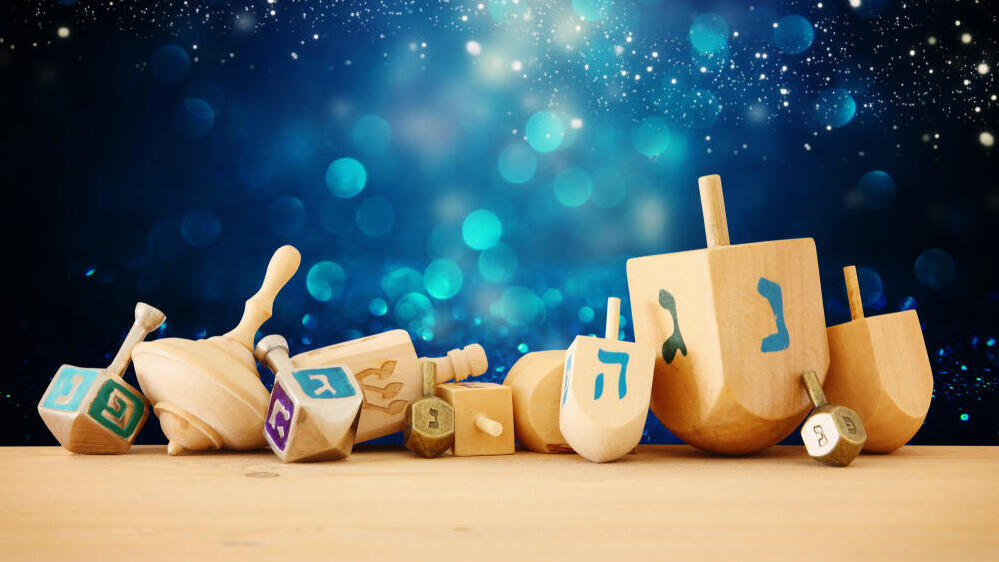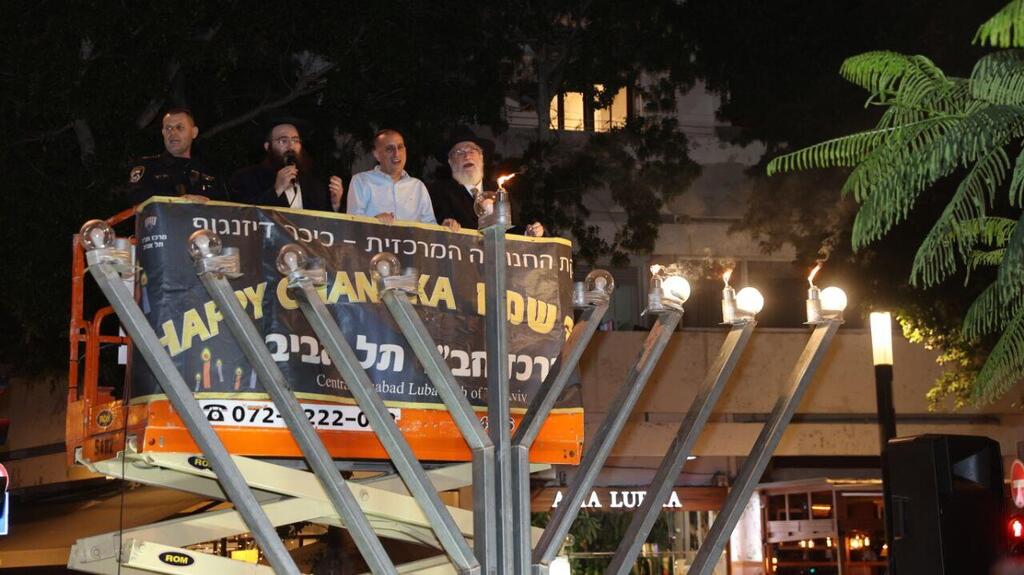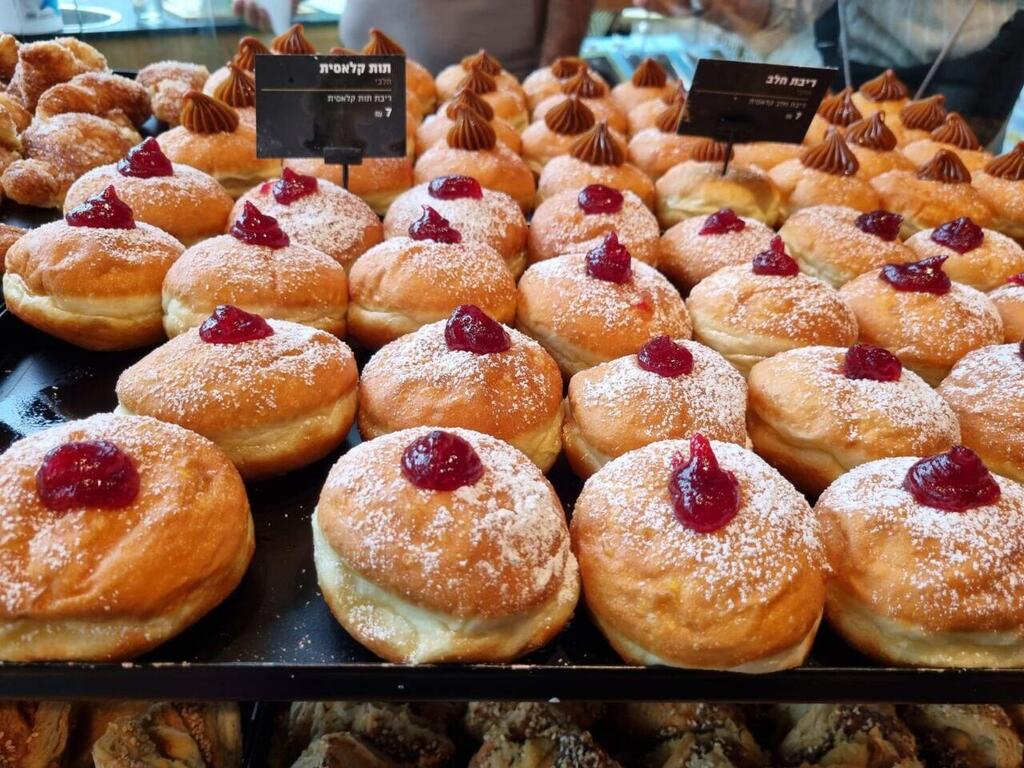Since Sunday night, Jewish families in Israel and around the world have been gathering around lit candles and playing with spinning tops in celebration of the holiday of Hanukkah, also known as the Festival of Lights.
The eight-day Festival of Lights which begins on the 25th day of the Hebrew month of Kislev, ends this year on December 26.
The festival celebrates the aftermath of the revolt in the second century BCE of the Jews of Judea led by Judah Maccabee, the oldest son of the Jewish priest Matityahu against the oppression of King Antiochus IV Epiphanes of the Seleucid Empire. It commemorates the rededication of the Temple in Jerusalem during the Maccabean Revolt.
When the Temple was liberated, Judah ordered it cleaned and a new altar and vessels to be created. According to the Talmud, in cleaning the Temple the Jews found only one cruse of oil that remained unopened with the seal of the high priest intact, the only kind of oil deemed kosher enough to be used in the Temple. While the oil was only enough for the menorah, the seven-branched candelabrum, to burn for one day, it lasted for eight days until new oil could be procured – which was considered to be a miracle.
There are several Hanukkah traditions borne out of the miracle of the oil. One is the lighting of the hanukkiyah (or in plural, hanukkiyot), the nine-branched candelabrum in which one of the branches, known as the shamash, is higher than or lower than the other eight candles and is used to light the other candles.
Each night an additional candle is lit until on the last night all the candles on the hanukkiyah are burning. Some use olive oil to light in their hanukkiyot. It is a tradition to publicize the miracle of the oil on Hanukkah – while some hanukkiyot are placed in windows inside the home so that they may be seen from the street, there are many, especially in Israel, who light their hanukkiyot outdoors. When walking through the streets of Jerusalem and in many other cities and towns throughout Israel during Hanukkah, one sees many hanukkiyot enclosed in glass boxes to protect them and their tiny flames from the elements.
The other well-known, and quite fattening, tradition is to commemorate the miracle of the oil by eating food fried in oil – the most popular being latkes, or potato pancakes, and sufganiyot, donuts usually filled with jelly. In the weeks before Hanukkah and even more so in the days before and on the festival, vats of boiling oil and filled with bobbing blobs of dough can be found on many street corners and in front of neighborhood bakeries.
It is also traditional to eat dairy products on Hanukkah, to commemorate the ancient story of the beautiful Jewish widow Judith, who saves Israel from Assyrian oppression by seducing the Assyrian general Holofernes. After plying him with heavy dairy foods and wine that made him fall into a deep sleep, she cut off his head, striking fear into the hearts of Israel’s enemies.
Another popular Hanukkah tradition is to play gambling games with a spinning top known in Yiddish as a dreidel, or in Hebrew, sevivon. A Hebrew letter is printed on each of the four sides of the dreidel. In the Diaspora, the letters are said to stand for the slogan “a great miracle happened there.” In Israel, one of the letters is replaced as the slogan becomes “a great miracle happened here.” The most popular dreidel game is played with candies, nuts or coins; each player adds some of these to the center and the letter that comes out on top with the spin of the dreidel determines how many pieces the spinner receives or has to add to the pot.
In many households, gifts are exchanged on the festival – some children receive small gifts on each night of the holiday, and some receive at least one large gift in a manner reminiscent of Christmas, which occurs during the same season and colors the atmosphere. It is traditional to give Hanukkah gelt, in the form of actual money or foil covered chocolate coins.
The festival of Hanukkah is taking place right now. Have you seen any hanukkiyot in your neighborhood today?




